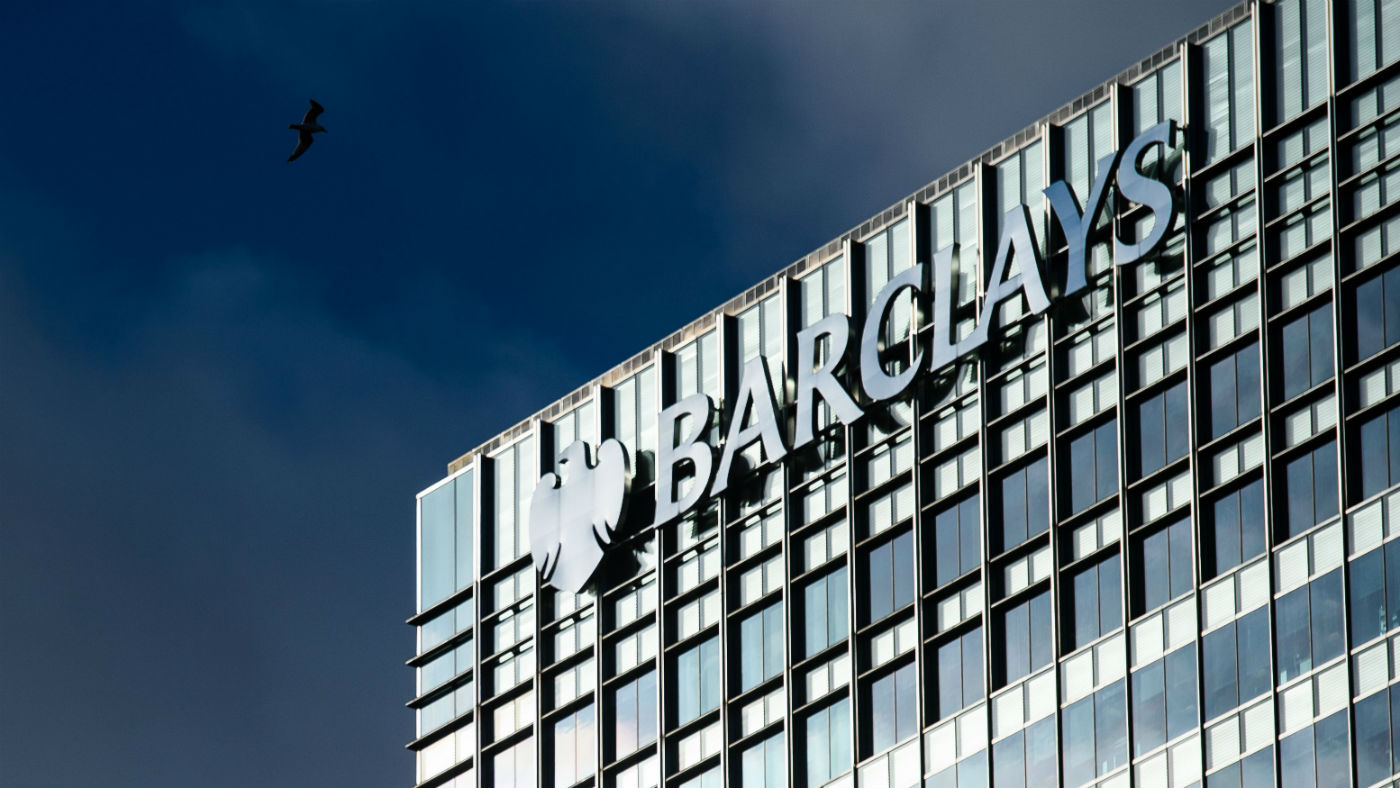Barclays Bank charged over Qatari loan
Serious Fraud Office allege 2008 bailout money was used to provide ‘unlawful financial assistance’

A free daily email with the biggest news stories of the day – and the best features from TheWeek.com
You are now subscribed
Your newsletter sign-up was successful
Barclays Bank has been charged with “unlawful financial assistance” relating to billions of pounds it raised from Qatar at the height of the financial crisis a decade ago.
In order to avoid a government bailout in 2008, Barclays took a £12bn loan from Qatar Holdings, which is owned by the Qatari state. The Serious Fraud Office, which brought the charges, alleges that £2.3bn which was loaned back to Qatar Holdings as part of that deal was used to buy shares in the bank.
Reuters says that public companies in Britain “are normally prohibited from lending money for the purchase of their own shares, a process known as financial assistance”.
The Week
Escape your echo chamber. Get the facts behind the news, plus analysis from multiple perspectives.

Sign up for The Week's Free Newsletters
From our morning news briefing to a weekly Good News Newsletter, get the best of The Week delivered directly to your inbox.
From our morning news briefing to a weekly Good News Newsletter, get the best of The Week delivered directly to your inbox.
A five-year investigation into the deal by the SFO last year charged the bank’s parent company Barclays PLC and several former executives with conspiracy to commit fraud, “but the move to charge Barclays Bank as well is significant because it holds the banking licence that allows it to operate in different countries”, says the BBC.
If the bank is found guilty, it could lose that crucial licence.
Yesterday’s decision to charge the bank itself is “significant”, says the BBC’s business editor Simon Jack: it makes Barclays the first British bank to face a criminal trial relating to its conduct during the financial crisis.
But the long-term implications are less clear. As indicted by a rise in the bank’s share price on yesterday, “being charged in itself isn’t a problem”, says Jack.
A free daily email with the biggest news stories of the day – and the best features from TheWeek.com
“This incident was ten years and four management teams ago, it was done in order to save the bank (and the taxpayer billions). Even if convicted there are banks (UBS, BNP, Credit Suisse) who have been convicted and continued operating,” in a sign that Barclays can weather the current storm, he adds.